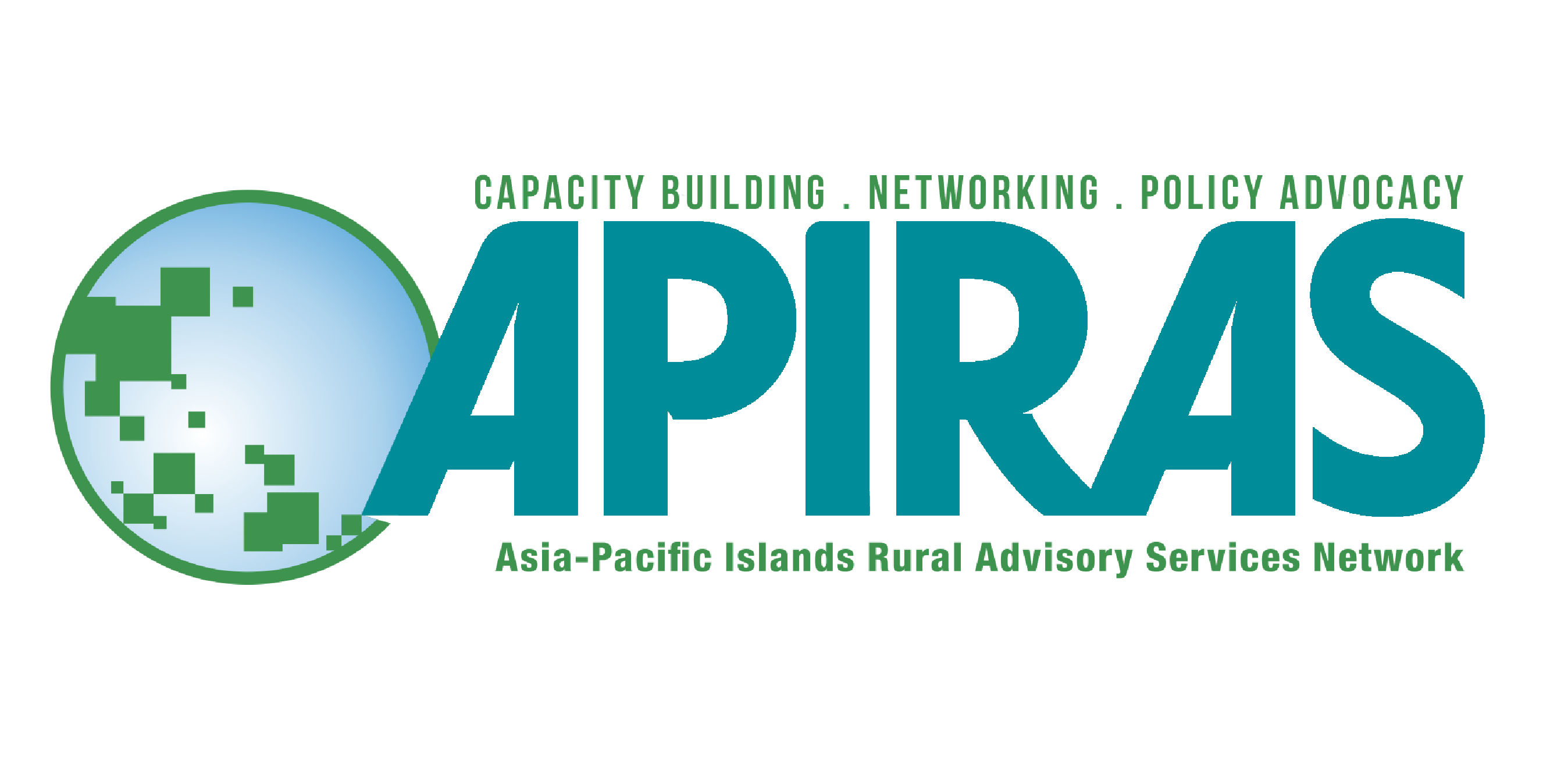June 2020, East Asia and Southeast Asia
Why do wet markets matter?
THOMAS RATH
A “wet market” is a public marketplace where fresh produce, meat and fish are sold. The term “wet market” has often been interchanged with “wildlife market”, where caged wild species are kept and sold as food delicacies and for their medicinal properties.
Since the COVID-19 virus outbreak, much information and misinformation has been circulated about wet markets and an international rallying cry has been made for wet markets to be better regulated or even closed down. Fresh produce markets often play an important role in improved diets for poor rural communities and are often an essential venue for small-scale farmers to sell their agricultural products directly to consumers.
Over the last months, as much of the world has been in lockdown much thought has been given to the origins of the new coronavirus and how it has managed to spread so quickly. One leading theory is that the virus “jumped” from a bat to a pangolin or other wild animal which in turn was sold in a wet market in Wuhan, China. Similar theories have been reported in the past on the origin of Ebola and other outbreaks including HIV-AIDS. Epidemiologists note patterns that are emerging: a rapidly growing population encroaching on forests and other natural habitats; farm animals and humans coming into closer contact with wildlife; and intensive livestock systems, in which many animals inhabit small areas, favouring the fast spread of disease.

